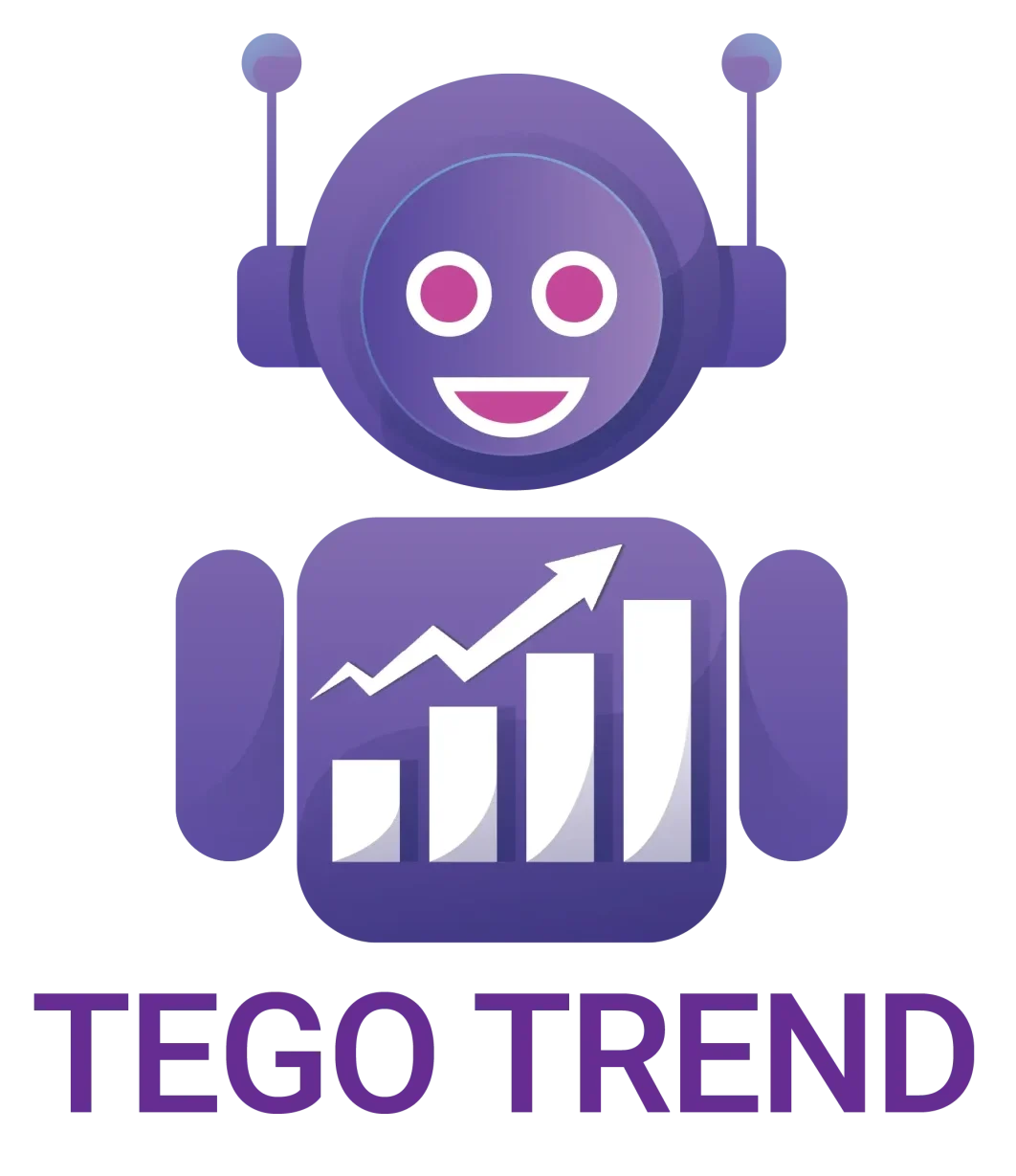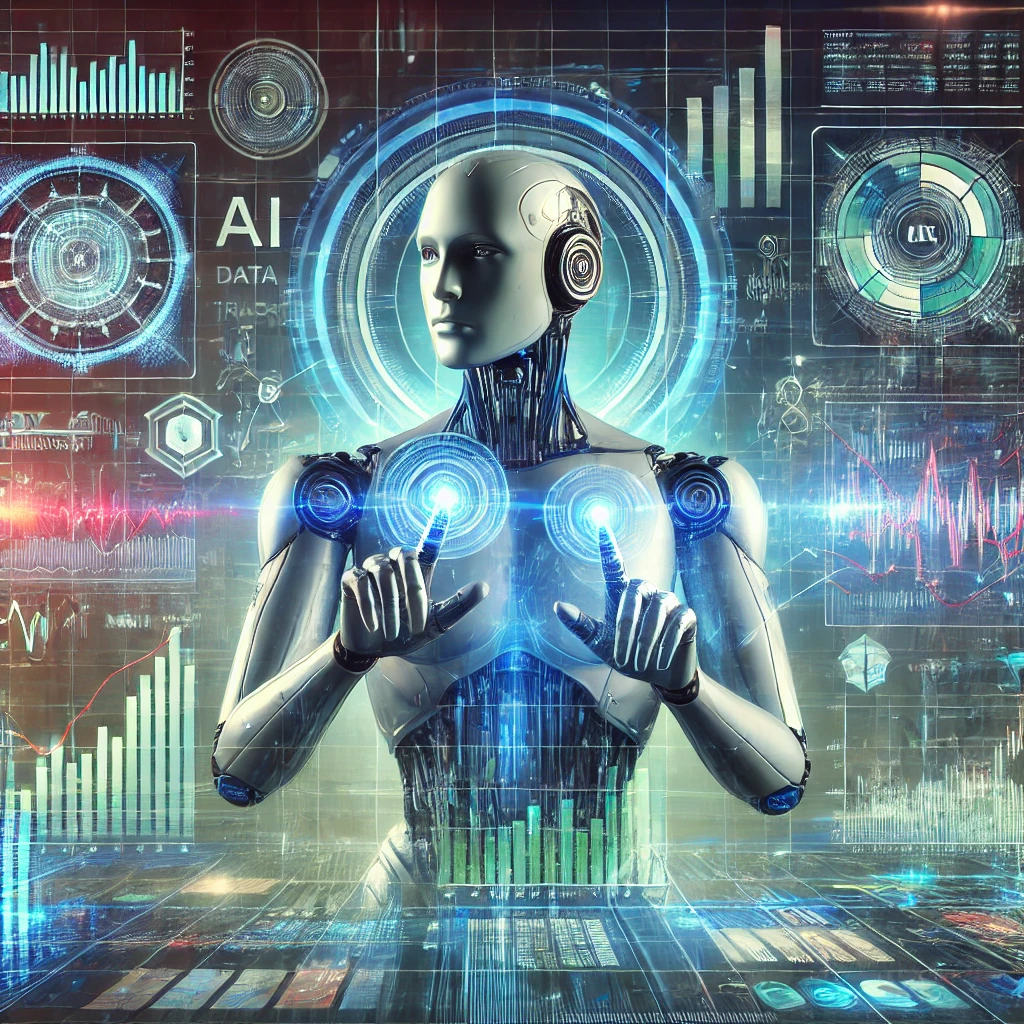Automation in Our Lives: The New Lifestyle and the Future of Trading
Automation has seamlessly woven itself into our daily lives, transforming the way we live, work, and interact. What once appeared to be a distant dream of machines handling tasks for us has now become an undeniable reality, generating efficiencies that liberate us from mundane chores and enable us to concentrate on more creative and strategic pursuits. From smart homes to self-driving cars and automated trading algorithms, automation is no longer a luxury but a way of life — one that’s shaping the very fabric of our future.
Automation as a Lifestyle
Automated systems have permeated nearly every facet of our lives. In the home, smart devices manage our lighting, temperature, and security systems, all customized to our preferences and operated by a tap on our phones or voice commands. In the workplace, robots and AI optimize production lines, oversee inventory, and even conduct automated trading tasks. This degree of automation not only boosts efficiency but also minimizes errors and enhances the overall user experience.
This automated lifestyle has evolved beyond merely simplifying tasks; it is transforming how we think, live, and plan. Many jobs have changed, with automated algorithms taking over repetitive tasks, enabling humans to concentrate on innovation and problem-solving. The growing use of AI and machine learning in automated trading, from personalized trading strategies to fully automated trading bots, has established a new benchmark for convenience and accuracy in the trading realm.
Automation as the Real Future
Looking ahead, automation isn't merely a trend — it’s the future. Every major industry is investing in automation technologies to remain competitive. From healthcare to algorithmic trading, automation is set to transform our world in ways we’re just beginning to grasp. In financial markets, automated trading algorithms leverage machine learning to execute trades with unmatched speed and precision.
The true future lies in the convergence of automation, AI, and algorithmic trading. As these technologies evolve, they will not only perform tasks but also anticipate needs and make decisions. Algorithmic trading systems will increasingly dominate financial markets, enhancing trading efficiency and accessibility. This level of sophistication will fundamentally alter how we manage our portfolios, invest, and engage with the global economy.
Automation and Algorithmic Trading
One industry that has embraced the future of automation more than most is finance, particularly in the area of algorithmic trading. Just as automation has transformed other aspects of our lives, it has revolutionized trading by employing algorithms to make decisions in real-time, far more efficiently than any human could.
In the past, trading required long hours of market analysis, research, and manual execution of trades. Today, automated trading algorithms analyze vast datasets, identify patterns, and execute trades in milliseconds, often faster than a human can blink. Algorithmic trading utilizes machine learning and big data analytics to predict market movements, optimize trading strategies, and minimize risk.
Algorithmic trading represents the future of finance. By automating complex financial processes, it eliminates the emotional biases that often lead to poor trading decisions, enabling more consistent and data-driven outcomes. Furthermore, automated trading systems allow traders to seize opportunities 24/7, without the need for human intervention, ensuring they never miss a profitable trade due to time constraints.
As automated trading technologies continue to advance, the future of algorithmic trading will become even more sophisticated, incorporating AI-driven strategies that continuously learn and adapt to market changes. Much like how automation has improved our daily lives, it will continue to shape financial markets by making trading more efficient, precise, and accessible.
Conclusion
The integration of automation into our lives represents more than just a technological advancement—it signifies a lifestyle change that is here to stay. From households to stock markets, automation is paving the way for a future where tasks are completed faster, more accurately, and with greater precision than ever before. As we continue to embrace this lifestyle, industries such as algorithmic trading exemplify the potential for automation to not only transform processes but also to create entirely new ways of working and living.
In this automated world, the future is bright, efficient, and data-driven, with opportunities that extend beyond what we can currently envision. Just as automation has altered how we live our lives, it will undoubtedly continue to shape our financial systems and global economy for decades to come.


